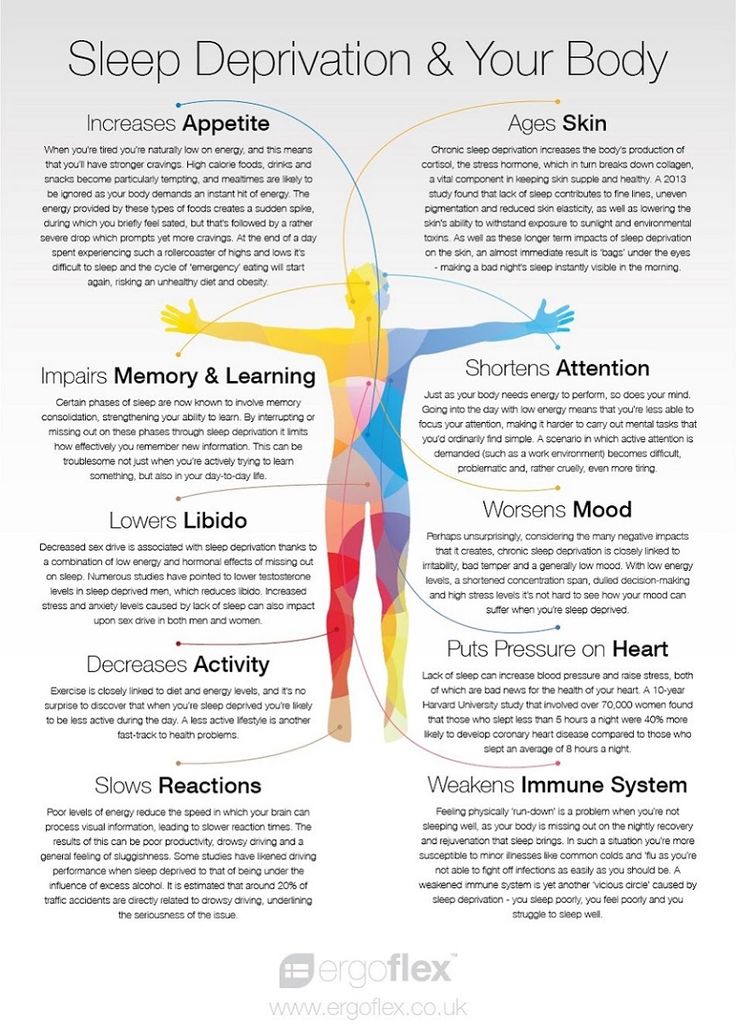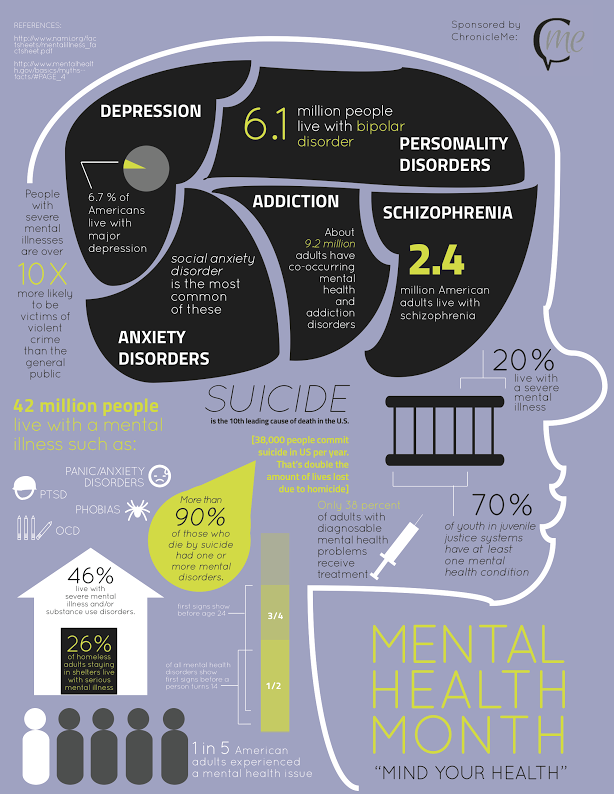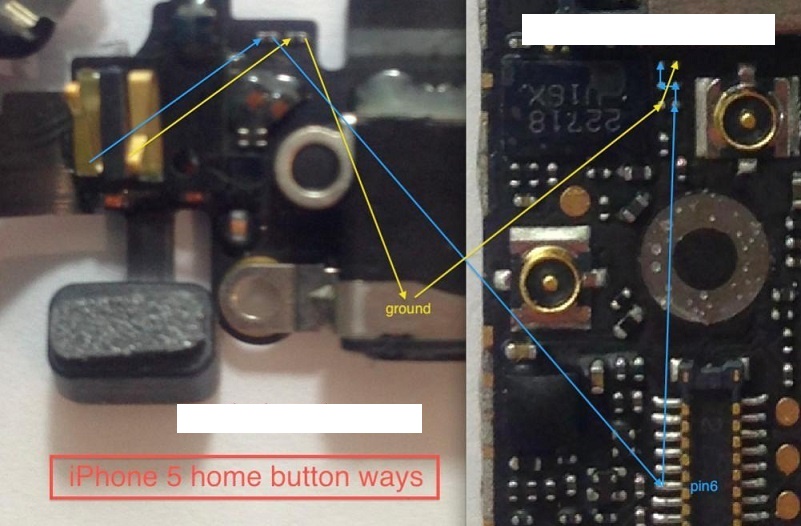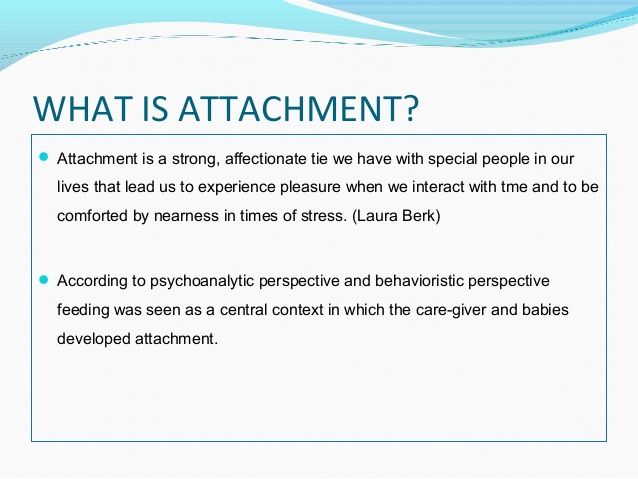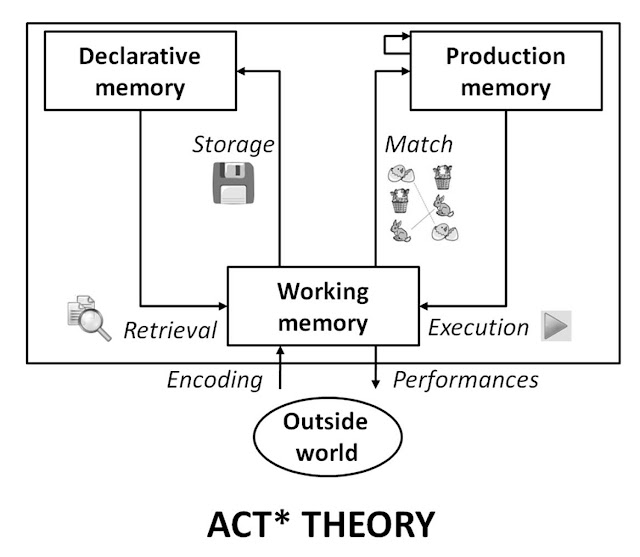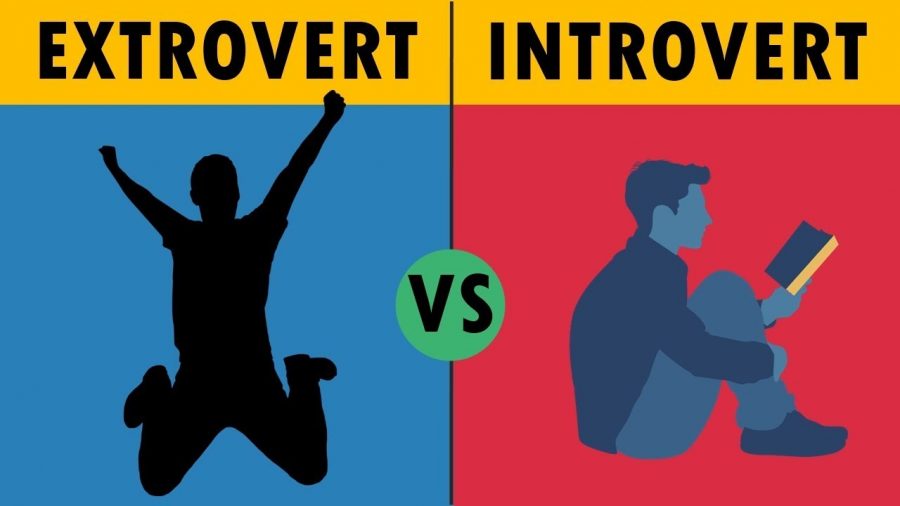What it means to be present
What Does It Mean to Be “Present”? - Truth Seekers
Being Present means being fully conscious of the moment and free from the noise of internal dialogue. It’s often associated with feelings of stillness and peace. Sensations often seem sharper. Those who inhabit this present state frequently report a sense of experiencing life “as it really is” and being “free from delusion”.
Staying in the Present StateWe are all present from time to time. But being able to summon this state of mind—and staying in it for lengths of time—takes practice. The mind wanders. It revisits the past. It explores and plans for the future. That’s its default mode.
The mind also narrates the present moment and tries to make sense of it. When we can’t make sense of what’s going on, the mind represses, distracts or fixates. These strategies are designed to protect and support us—being able to recall the past and plan for the future can help us survive. But this process, when uncontrolled, prevents us from being truly in the present.
When we are present, we feel things fully. The good and the bad.
When the “now” is pleasant, it is easier to disengage from thoughts. We have a better chance of experiencing the joy and pleasure of the moment.
However, when the present moment feels painful, staying in that experience can be daunting. Our mind, left to its own devices, will help us by dissociating or blocking harsh realities. We won’t truly inhabit feelings of sadness or embarrassment, for instance.
The mind’s defenses unfortunately make it much harder to see reality as it is—and deal more constructively with our problems.
The Mind As a Tool, Not a MasterThe mind is a wonderful tool for planning and problem-solving. An untrained mind, however, can color and shape our reality in ways that are not resourceful. The tool, in some sense, becomes the master. As author Brian Thompson writes, “The stories you tell yourself create a “you” which is not true.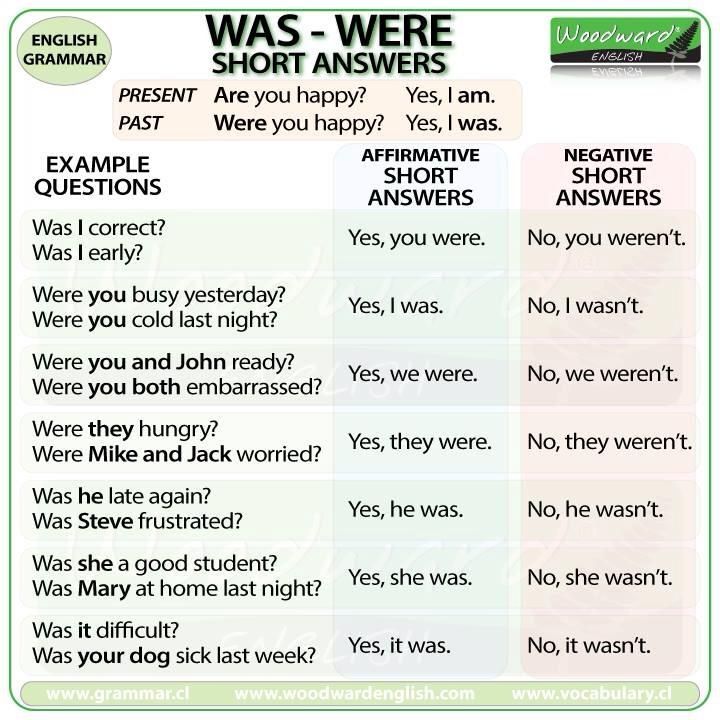 ”
”
The voice inside our head comments, judges, complains, likes, dislikes and so on. We tell ourselves stories under our breath, and thoughts bubble up ceaselessly. Buddhism refers to this unconstrained state as “monkey mind”, because it’s almost like the mind is a tiny monkey running amuck and making noise. In this distracted state, we do not experience true reality.
We unconsciously identify with our mind until we have trained ourselves to realize something pretty profound: we are not the thoughts in our minds; we are what hears the thoughts. Whenever you observe your mind objectively, you are no longer trapped in it. The monkey puts down the drum. You feel peace. This is the beginning of freedom.
This is a crucial insight on the journey to self-discovery.
Start by impartially listening to the voices talk. Realize that you are not your thoughts. Listen with compassionate, open awareness. Distance yourself from this internal prattling.
When the mind is quiet, there is a gap in the mental stream.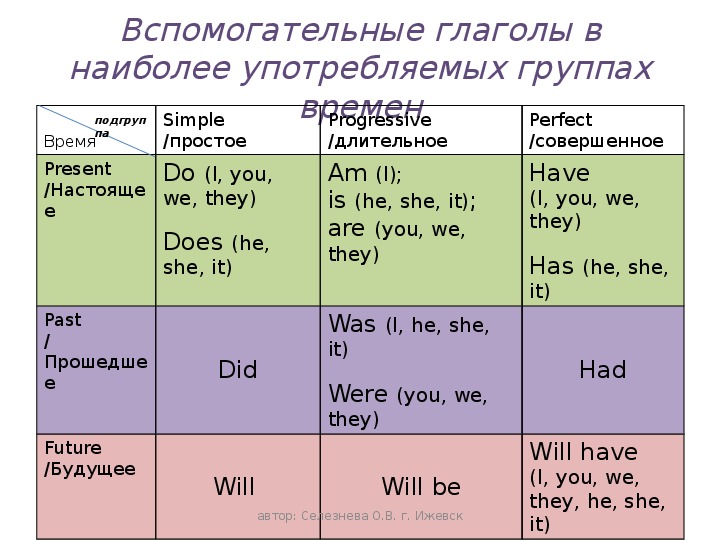 These gaps of “no-mind” take you to a world beyond thoughts, a world of experience. By looking inward, you can feel stillness and peace inside you. That’s being present.
These gaps of “no-mind” take you to a world beyond thoughts, a world of experience. By looking inward, you can feel stillness and peace inside you. That’s being present.
By disengaging from the mind and becoming more present, you tend to feel more alive, more alert, and more at peace.
It sounds cliché, but the present truly is all there is. It is the space where our lives unfold. The past is gone. The future hasn’t happened yet. Past and future are essentially fictions—just constructions of the mind.
Introspect and see the world as it really is. You can go there at any time, merely by directing all your attention to the now.
What Does “Be Present” Actually MEAN, and How Do I Do It?!
“Live in the moment”, “Be present”: that’s how to be happy, apparently.
I know, we read it over and over, and hear it A LOT. But, how do we actually DO that?! It sounds so simple, it’s said so often it’s become a cliché, but it doesn’t come with any instructions.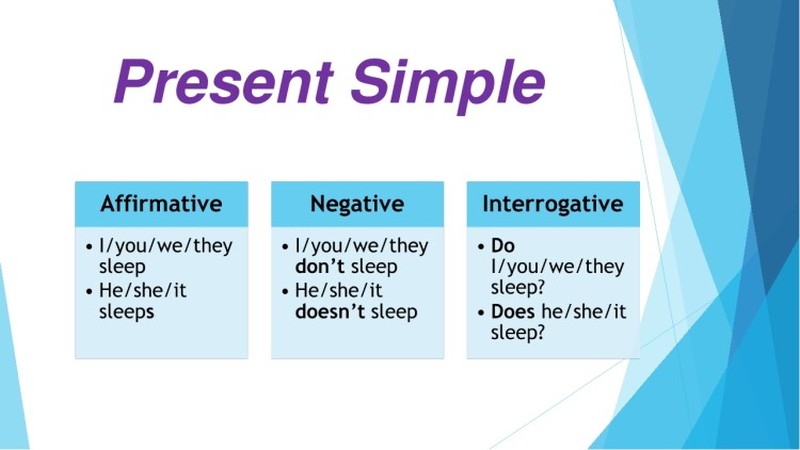 I know I used to hear it and think:
I know I used to hear it and think:
“Yeah. “Be present”. Thanks for sharing Yoda, got it, but HOW? What do you actually want me to DO?”
When we are not monks or living in a yoga ashram, how do we actually DO that in real, everyday life?
It’s a great question and one I hear often. Living in the present is intimately connected with our happiness, so taking the time to figure out a strategy that works for us in real everyday modern life is time really well invested.
Essentially, for me, what “Be Present” means – is that MY MIND IS IN THE NOW. And the “Now” is WHERE MY BODY IS NOW.
So:
If my body is doing the washing-up and stacking the dishwasher then my now is the washing up, that’s the present. So it’s appreciating the fact I have a dishwasher, that it’s something my grandmother could only have dreamed of, and stacking the plates neatly inside.
If I am out for a run it’s the now of my feet moving over the bush track, and the sound of my breathing and the feeling of my legs working, the noise of the wind in the leaves.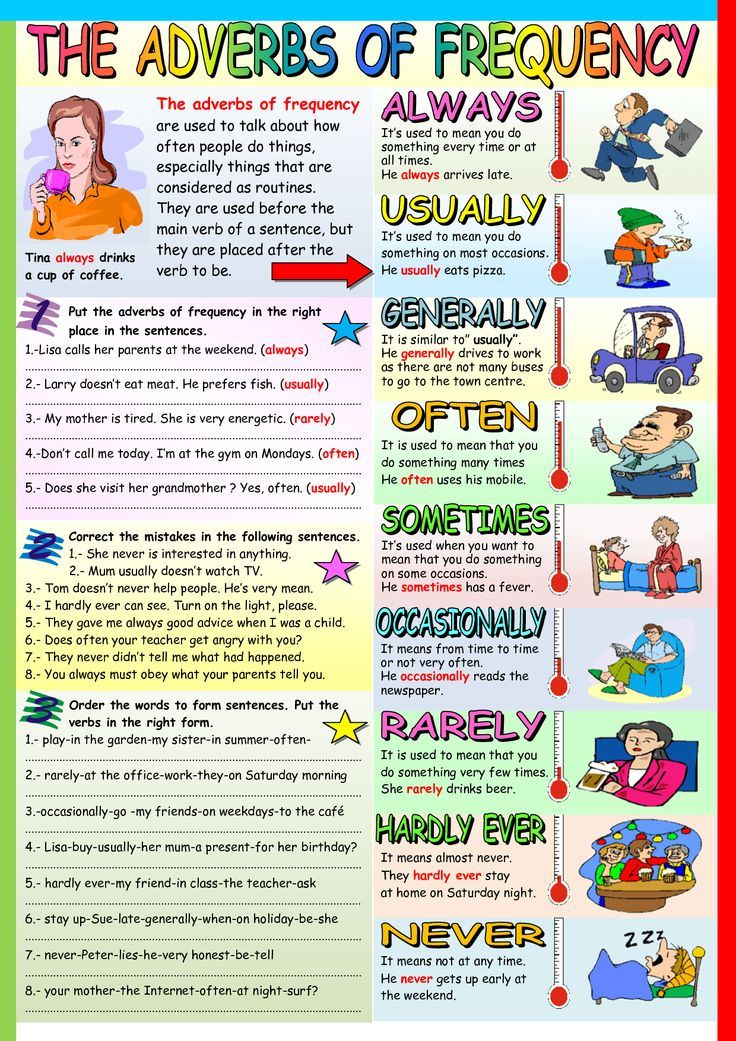 That’s now. Not the feeling when I finish. The feeling as I am doing.
That’s now. Not the feeling when I finish. The feeling as I am doing.
If I am with Claire in a café then it’s the smell of the coffee, the chatter between us. Now is our connection in that moment.
Being present means doing the washing up and feeling the experience and not wishing I was doing something else and it was over. Being Present means appreciating the fact I can run (which I do after the surgeries I have had on my ankle) and not wishing the run was over and done with. Being Present means appreciating chatter with my best friend and not thinking “Kerist I have got so much work to do” and wishing the time away, but focusing on every word we exchange and listening, really listening to what she is saying. That’s being present.
Being Present is having my mind completely engaged and appreciatively connecting with wherever my body is at that point, and not trying to be thinking about whatever I want to do NEXT, but be fully in the NOW of what’s going on IN THAT MOMENT.
Make sense?
To commit to being more present requires asking us different questions of ourselves. Here are some questions you can use to bring yourself back to appreciating the present:
Is my mind where my body is right now?
What can I feel in my body right now?
What is perfect about this situation right now?
What sensations can I feel in my body right now?
What is my breathing like right now? Is it shallow and fast? Is it slow and deep? Is it through my nose, or through my mouth? What is the temperature of the air?
What do I like to do when I am not thinking about the past/future but just enjoying what I am doing? Painting? Running? Yoga? Do more of that.
At the start of every one of the yoga classes I teach, I ask the students to “release their day”, and to “let their mind meet their body where it is, in this room”. It is this act of initial alignment with the present at the beginning of their class that is what makes the yoga so powerful and stress relieving.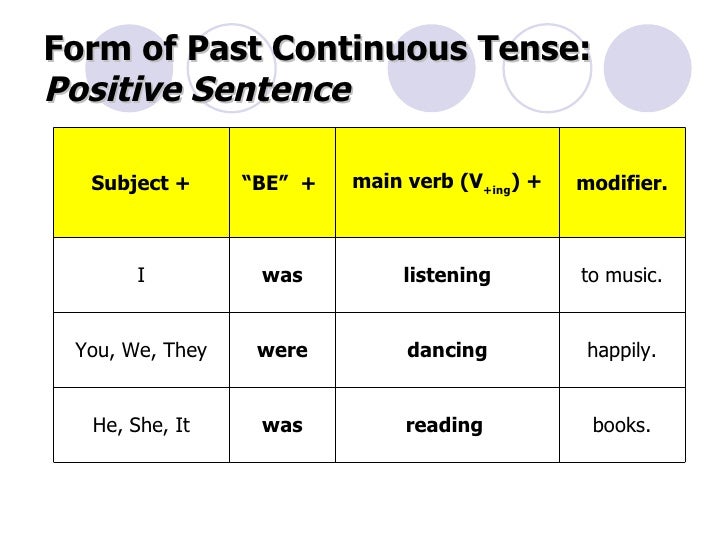
So often we are waiting for one big thing to happen for us to be happy. To meet Mister Right. To be 10kgs lighter. Getting that kick-ass promotion. Buying the dream house. When we are focused on the acquisition of that one big thing, our attention is focused on the FUTURE. ON WHAT’S NEXT. Happiness becomes something to be deferred.
Equally when we dwell on the past, the shitty day at work, the meeting that did not go as well as hoped, the break up, the chores that did not get done, our energy is projected backwards, into the PAST, and we cut ourselves off from experiencing joy in the now.
Happiness is found only in the present mement, that’s where it lives, that’s its home.
Now is where your body is.
To be more present, connect your mind with whatever your body is doing RIGHT NOW.
Suck the maximum joy from that moment, this moment, this moment right now.
The only time we can experience happiness is now.
That is why they call it “The Present” – because it’s a gift.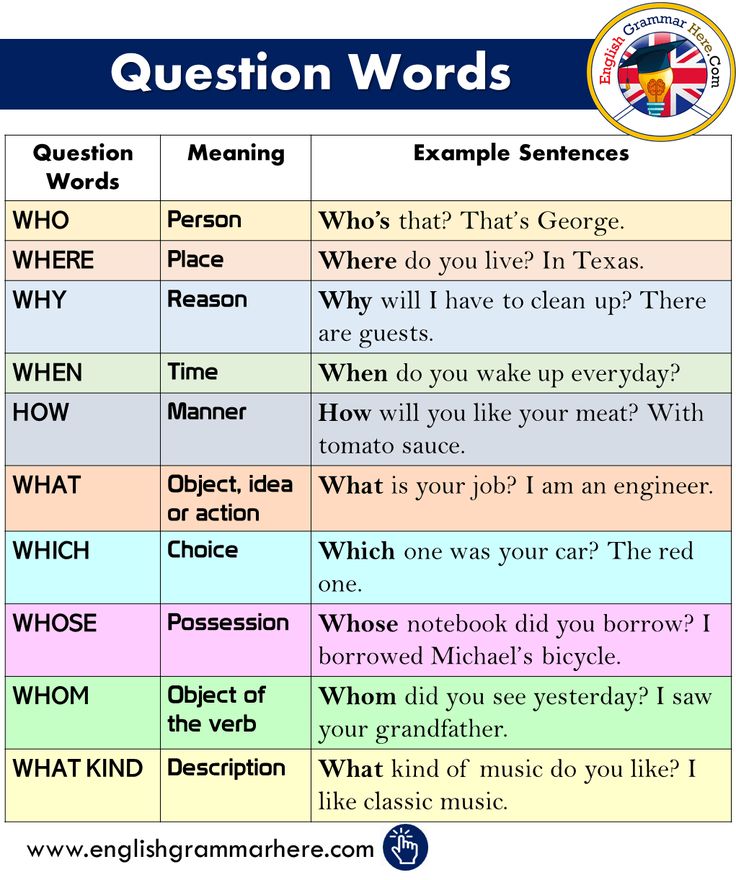
Thank you so much for stopping by! I’m Louise Thompson: life coach, author and newspaper columnist – and I hope my words have lifted your day or given you something to ponder.
I’d love to send you Wellbeing Wednesday – my weekly newsletter with a fresh new blog stuffed with non-preachy wellbeing to get you inspired each week. My readers tell me I have a spooky knack of knowing just what’s going on for them and it’s like I read their mind! You can join my 20 000 readers and sign up right here and I will see you on Wednesday!
If you are ready to have me in your life as your coach, well I’d love that too. You can jump into my daily coaching Academy right here and we can get started – it’s my proudest life’s work and it changes lives, minds and hearts daily. If you are looking for more ease in your mind and your soul: I’ve got you.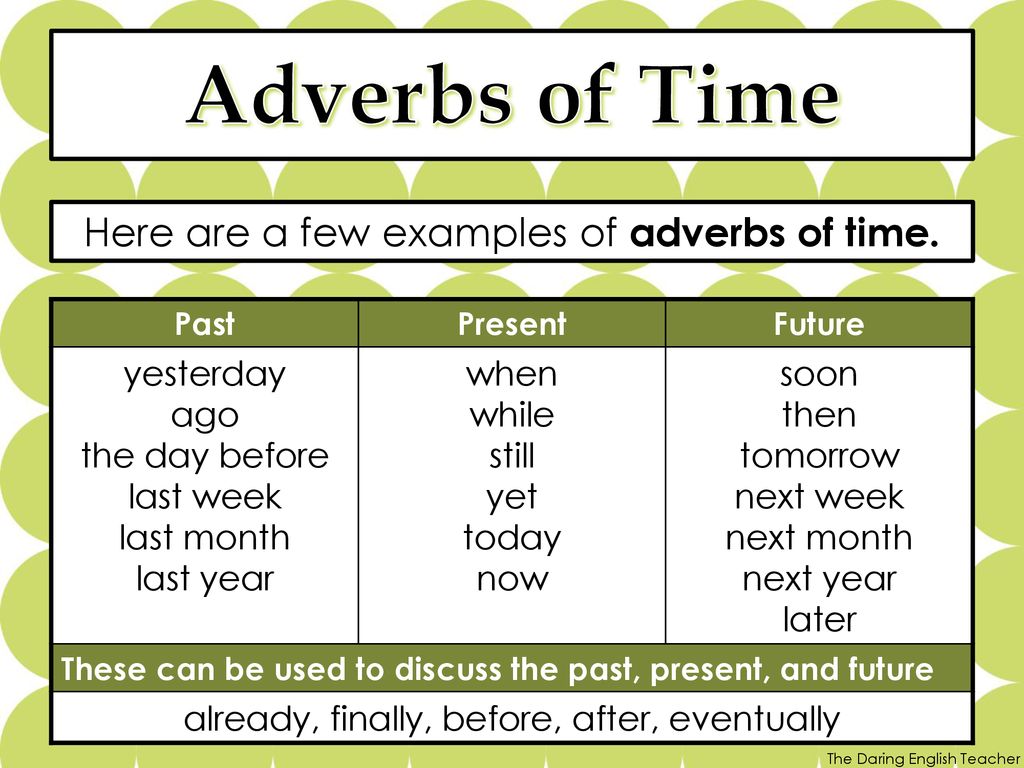 Have a sneak peek of what’s in store for you here.
Have a sneak peek of what’s in store for you here.
PRESENT - What is PRESENT?
The word consists of 14 letters: first p, second p, third and, fourth s, fifth y, sixth t, seventh s, eighth t, ninth in tenth oh eleventh in, twelfth a, thirteenth t, last b,
The word to be present in English letters (transliteration) - priststvovat
- The letter and occurs 1 time. Words with 1 letter p
- The letter p occurs 1 time. Words with 1 letter p
- The letter and occurs 1 time. Words with 1 letter and
- The letter with occurs 2 times.
 Words with 2 letters from
Words with 2 letters from - The letter occurs 1 time in . Words with 1 letter y
- The letter t occurs 3 times. Words with 3 letters t
- The letter occurs 2 times in . Words with 2 letters in
- The letter and occurs 1 time. Words with 1 letter o
- The letter a occurs 1 time. Words with 1 letter a
- The letter b occurs 1 time. Words with 1 letter ь
Meanings of the word to be present. What is being present?
Russian
to be present, - yours, - yours.
Spelling dictionary. — 2004
At / existence / ova / t [cf .: from / existence / ova / t].
Morphemic spelling dictionary. — 2002
Usage examples attend
But they will not be able to attend the presentation and discussion of the candidate programs.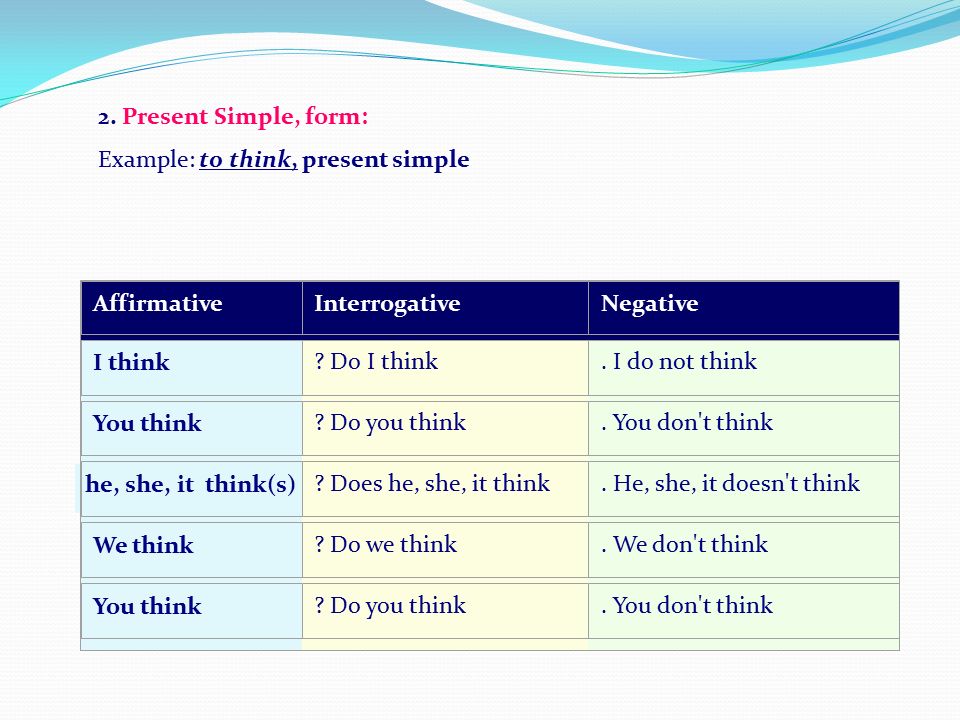
But, of course, to feel this energy, you need to be present at the celebration.
In past years, the film crew was allowed to be present before testing began.
According to the regulations, you could not attend the presentation, but what did your colleagues say?
It is not excluded that water may be present on Jupiter's moons Europa and Ganymede.
An ambulance and medical personnel will be present in the carnival column.
The next generation Core i3 will be present as a computing core.
Ukraine will not be able to attend all meetings of the Commission, but only open ones.
- Words from the word "be present"
- Words starting with "p"
- Words starting with "pr"
- Words ending in "b"
- Words with "t" at the end
- Words starting with "at"
- Words starting with pris
- Words ending with "at"
- Words ending with "wat"
- attendant
- presence
- attended
- attend
- present
- dry
- hooker
How to recognize a person as incapacitated or with limited legal capacity
1.
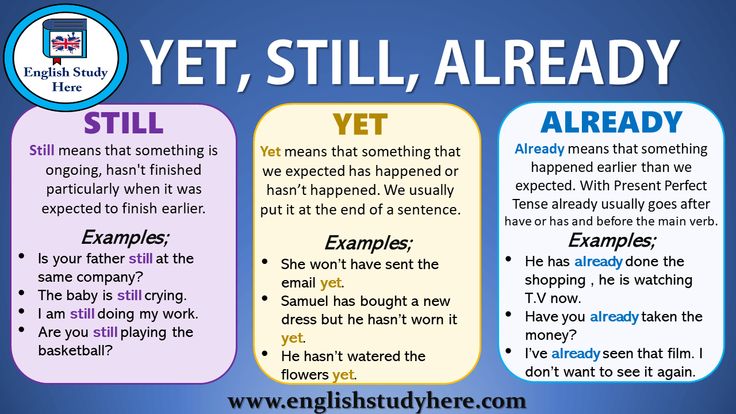 What is legal capacity, incapacity, limited legal capacity?
What is legal capacity, incapacity, limited legal capacity? Legal capacity is a person's ability to acquire and exercise civil rights, create civil duties for himself and fulfill them. Full legal capacity by default occurs when a person reaches the age of majority, but in the case of emancipation or marriage with the permission of the guardianship and guardianship authorities - from the age of 16.
A person can only be recognized as legally incompetent if, due to a mental disorder, he cannot understand the meaning of his actions or control them.
Person with limited capacity - a person who, due to a mental disorder, can understand the meaning of his actions, but needs help to direct them, as well as a person who, due to addiction to alcohol, drugs or gambling, puts his family in a difficult financial situation.
In both cases, the decision is made by the court.
2.Who can sue?
Family members, close relatives (parents, children, brothers, sisters), guardianship and guardianship authority at the place of residence of the patient or a medical organization in which he undergoing treatment.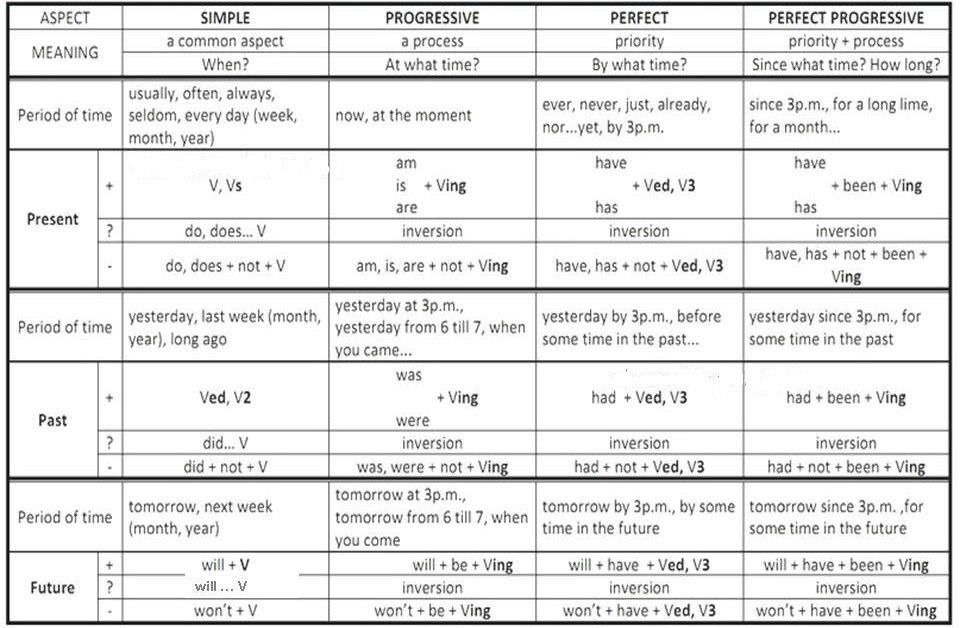
Only family members, the guardianship and guardianship authority at the place of residence of the person and the medical organization providing psychiatric care can apply to the court to recognize a person with limited legal capacity due to alcohol abuse, drug abuse or gambling addiction.
3.How to sue?
To file a lawsuit, you will need:
- an identity document;
- What to write in a statement of claim
An application for declaring a person incompetent or partially incapacitated due to a mental disorder must state the circumstances that indicate that he has a disease, as a result of which he cannot understand the meaning of his actions or control them. As confirmation of this fact, an appropriate conclusion of a medical organization may be attached to the application.
An application for the restriction of a citizen's legal capacity due to addiction to alcoholic beverages, drugs or gambling must state the circumstances that indicate that he puts his family in a difficult financial situation.
 As confirmation of this fact, an appropriate conclusion of a medical organization and other evidence may be attached to the application.
As confirmation of this fact, an appropriate conclusion of a medical organization and other evidence may be attached to the application. You can read more about the requirements for a statement of claim on the page of the Moscow Judges Support Department on mos.ru.
"> statement of claim.
A state fee is provided for filing such an application. You can generate a receipt for payment using a calculator (in the proposed menu, you need to select "Filing an application for cases of special proceedings", since cases of incapacity are related to cases of special proceedings
The statement of claim must be filed with the district court of general jurisdiction at the place of residence of the defendant.If the defendant is in a medical or other institution for those suffering from mental disorders - at the location of the organization.0003
4. Do they conduct a forensic psychiatric examination?
In preparation for the trial, the court must order a forensic psychiatric examination.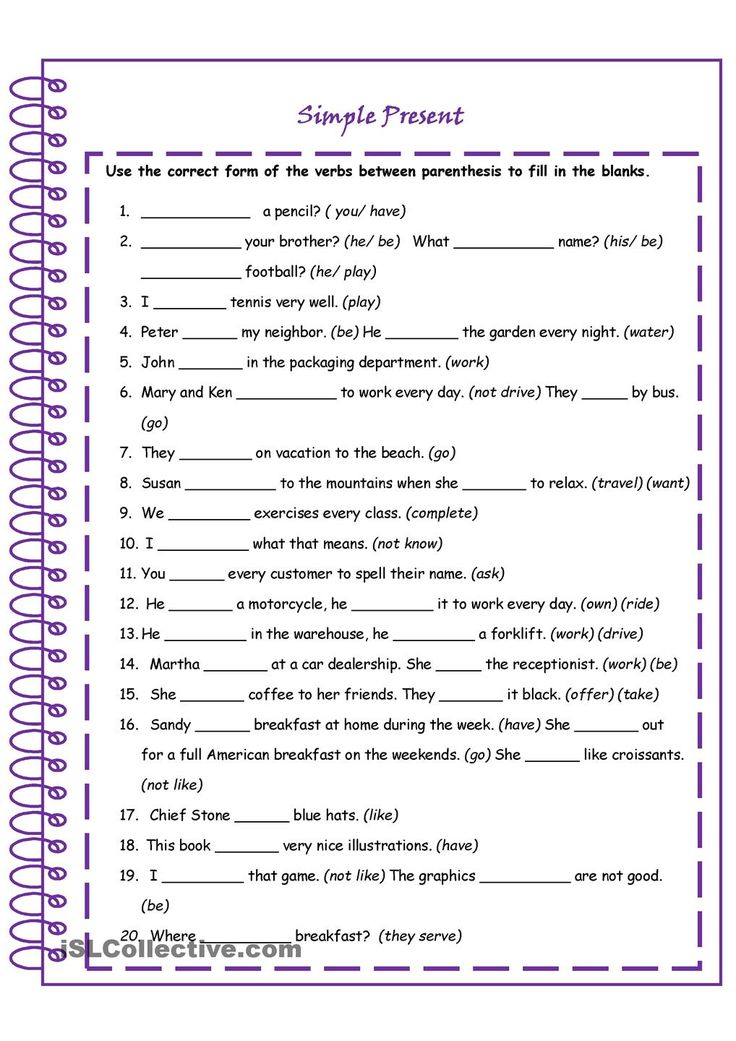 If the defendant does not want to undergo it voluntarily, the court may appoint a forced examination at a court session with the participation of a prosecutor and a psychiatrist.
If the defendant does not want to undergo it voluntarily, the court may appoint a forced examination at a court session with the participation of a prosecutor and a psychiatrist.
5. Who must be present at the trial and where is the meeting held?
The plaintiff, the defendant, the prosecutor and a representative of the guardianship and guardianship body must be present at the court session.
If the defendant's presence does not endanger his life or health or the life or health of others, then the hearing takes place in the courthouse, if it does, in a medical or other institution for those suffering from mental disorders.
6. Who appoints guardians and trustees?
A court decision on limiting a person's legal capacity is the basis for appointing a trustee by the body of guardianship and guardianship, and declaring a guardian incompetent.
The guardian and custodian must be appointed by the body of guardianship and guardianship within a month from the date the decision comes into force.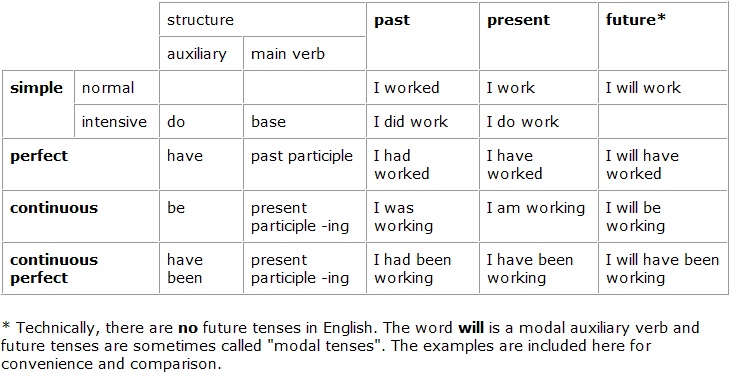 If during this time a guardian or custodian for an incapacitated or partially incapacitated person is not found, the duties of a guardian or custodian shall be assumed by the body of guardianship and guardianship.
If during this time a guardian or custodian for an incapacitated or partially incapacitated person is not found, the duties of a guardian or custodian shall be assumed by the body of guardianship and guardianship.
A citizen recognized as legally incompetent has the right to personally or through representatives chosen by him to appeal against the relevant court decision.
7. What rights are reserved for incapacitated or partially incapacitated?
A person limited in legal capacity due to addiction to gambling or alcohol or drug abuse has the right to independently make small everyday transactions, all others - only with the written consent of the trustee. At the same time, a person with limited legal capacity himself bears property liability for transactions made by him and for the harm caused to him. The trustee receives and spends the earnings, pension and other incomes of a citizen with limited legal capacity in his interests.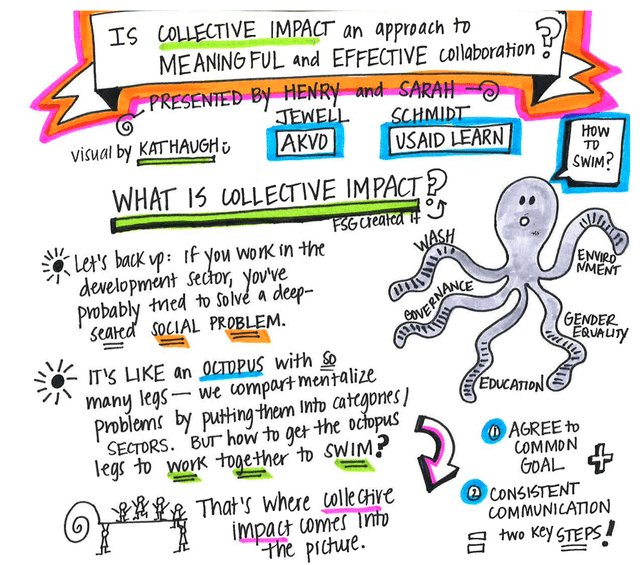
A person limited in legal capacity due to a mental disorder can independently perform small everyday transactions, others - only with the written consent of the guardian. In this case, the trustee may approve the transaction in writing both before its conclusion and confirm it after. He can dispose of alimony, social pension, compensation for harm to health and in connection with the death of the breadwinner and other payments provided for the maintenance of a person with limited capacity only with the written consent of the trustee, and earnings, scholarships and other income - on his own.
An incapacitated person cannot make transactions on his own; a guardian does this on his behalf. The guardian has the right, in the interests of the ward, to dispose of the funds paid for the maintenance of the incapacitated. The trustee has the right to dispose of income from the management of the property of the ward or his other means only with the consent of the guardianship authorities.



